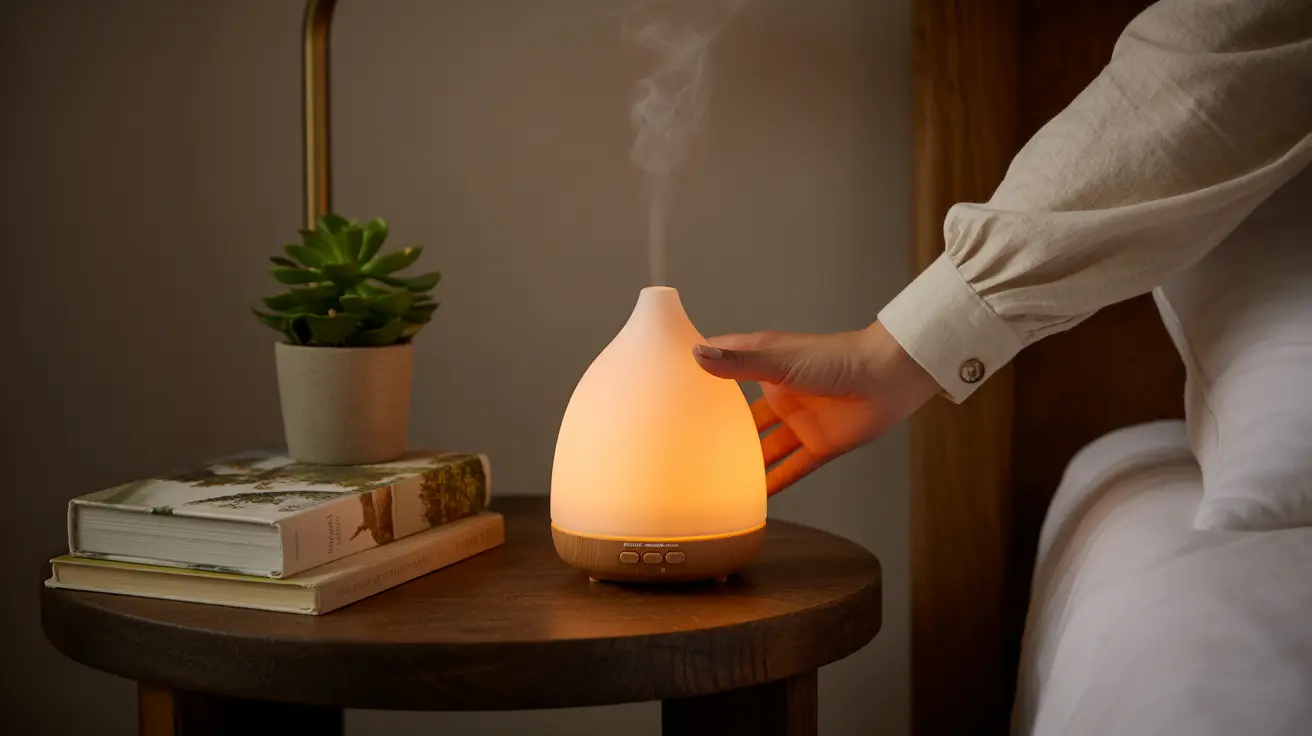If you or your partner struggle with snoring, you may be searching for natural solutions to this common sleep disruption. Essential oils have gained attention as a potential complementary approach to managing snoring. These concentrated plant extracts offer various therapeutic properties that might help reduce snoring intensity and frequency when used properly.
Understanding how essential oils can impact snoring and learning to use them safely is crucial for achieving the best results. Let's explore the most effective essential oils for snoring and how to incorporate them into your nighttime routine.
Most Effective Essential Oils for Snoring
Several essential oils have properties that may help reduce snoring by supporting clear breathing and relaxation:
Peppermint Oil
Peppermint essential oil contains menthol, which can help open airways and promote clearer breathing. Its cooling effect may help reduce inflammation in nasal passages and throat tissues that can contribute to snoring.
Eucalyptus Oil
Known for its decongestant properties, eucalyptus oil can help clear nasal passages and support respiratory health. It's particularly helpful when snoring is related to congestion or mild allergies.
Lavender Oil
While lavender doesn't directly target breathing, its calming properties can promote better sleep quality and relaxation, which may indirectly help reduce snoring by improving sleep position and muscle tension.
Safe Application Methods for Essential Oils
Diffusion
Using an essential oil diffuser in your bedroom is one of the safest ways to benefit from these oils while sleeping. Add 3-5 drops of your chosen oil or blend to the diffuser before bedtime.
Steam Inhalation
Add 2-3 drops of essential oil to a bowl of hot water, cover your head with a towel, and inhale the steam for 5-10 minutes before bed. This method is particularly effective for clearing airways.
Diluted Topical Application
Mix essential oils with a carrier oil (such as coconut or jojoba oil) before applying to the chest or under the nose. Always use a 2-3% dilution ratio for safety.
Important Safety Considerations
Before using essential oils for snoring, keep these safety guidelines in mind:
- Always dilute oils properly before topical use
- Perform a patch test before full application
- Never ingest essential oils
- Consult healthcare providers if pregnant, nursing, or taking medications
- Keep oils away from children and pets
Understanding Limitations and Expectations
While essential oils can be helpful for some people, they're not a cure for chronic snoring or sleep apnea. They work best as part of a comprehensive approach to managing snoring, which may include:
- Maintaining a healthy weight
- Sleeping on your side
- Avoiding alcohol before bedtime
- Keeping nasal passages clear
- Addressing underlying health conditions
Frequently Asked Questions
What essential oils are most effective for reducing snoring?
Peppermint, eucalyptus, and lavender oils are among the most effective essential oils for snoring. Peppermint and eucalyptus help clear airways, while lavender promotes relaxation and better sleep quality.
How should I use essential oils safely to help with snoring?
Use essential oils through diffusion, steam inhalation, or properly diluted topical application. Always mix with a carrier oil before skin contact and follow recommended dilution ratios. Never ingest essential oils.
Can essential oils cure snoring or are they just a complementary treatment?
Essential oils are best viewed as a complementary treatment rather than a cure for snoring. They may help reduce snoring intensity and frequency but won't address underlying medical conditions like sleep apnea.
What are the benefits of using peppermint, eucalyptus, and lavender oils for snoring?
Peppermint opens airways and reduces inflammation, eucalyptus acts as a decongestant, and lavender promotes relaxation and better sleep quality. Together, these properties may help reduce snoring intensity.
Are there any risks or side effects to using essential oils for snoring relief?
Potential risks include skin irritation, allergic reactions, and respiratory sensitivity. Always dilute oils properly, perform patch tests, and discontinue use if you experience any adverse reactions. Pregnant women, children, and those with medical conditions should consult healthcare providers before use.




